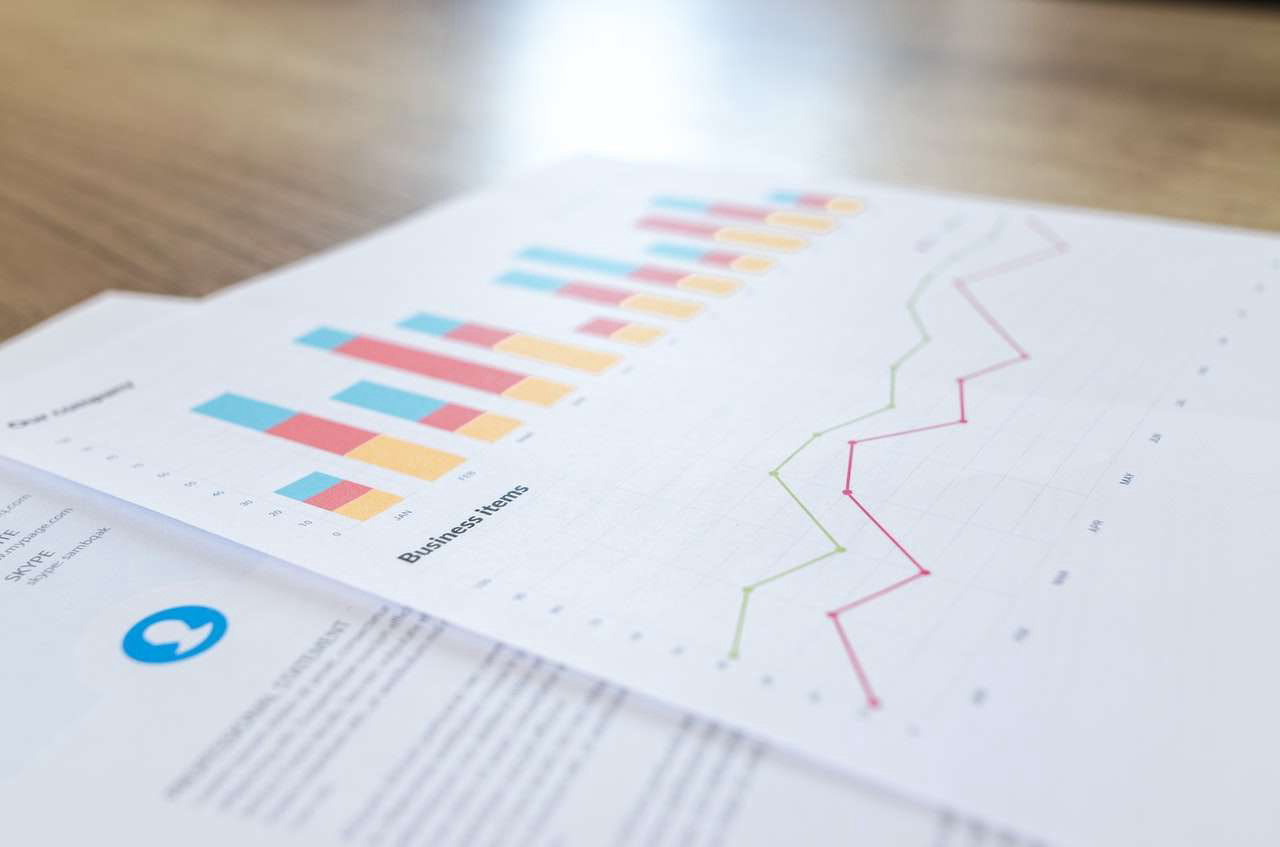
The Indian economy has been on massive swings for a few months. Recently, the Finance Minister of India Nirmala Sitharaman described the Economic Survey 2020-21 in the Parliament and it features the situation of the economy, formerly on the nation's budget for the fiscal year beginning on 1 April 2021. This Economic Survey is authored by a team led by Chief Economic Adviser KV Subramanian, with details of the multiple sectors of the economy.
The Economic Survey 2020-21 was notified on 29th January and it claimed that despite the huge economic shock created by the COVID-19 pandemic, India is witnessing a V-shaped recovery. This type of recovery includes a sharp rise back to a previous peak after a sharp decline in the economy. The V-shaped recovery will take place with a stable macroeconomic situation supported by a stable currency, comfortable current accounts, solid forex reserves, and favourable indications in the manufacturing sectors of the nation. The Gross Domestic Product (GDP) of India contracted by a record 23.9% in April and June and by 7.5% in the second quarter. However, the economic growth of India is likely to bounce back with an 11% growth in the next financial year, the survey claimed.
According to the survey, the agriculture sector of India is the only silver lining while services, manufacturing and construction were largely blown by the lockdown that was required to resist the coronavirus outbreak. These measures indicate upside potential that can comprise due to the continued normalisation in economic activities as the rollout of COVID-19 vaccines holds the grip. And all this will further be supported by a supply-side force from reforms and easing of regulations, drive to infrastructural investments, recovery of pent-up demand for the service sector, credit lent sufficient liquidity and low-interest rates. However, it similarly added that it would take the Indian economy two years to catch up on the pre-pandemic phase.
In the case of inflation, the Economic Survey explains that largely driven by food prices, consumer price inflation remained above 6% for most of the year. The softening of the Consumer Price Index (CPI) inflation previously indicates calming of supply-side restrictions that affected inflation. The survey acknowledged that the economic growth of the nation is likely to rebound with 11% of growth. And the International Monetary Fund (IMF) has relatively similar viewpoints as given in India's Economic Survey 2021. The IMF expects a faster pace of recovery in 2021, and it expects India to grow at 11.5% in 2021. In its latest World Economic Outlook report, it said the Indian economy is likely to grow at 11.5% in 2020-21, at a rapid hook than earlier expected 8%.
The IMF promotes international financial stability and monetary cooperation. It similarly facilitates international trade and sustainable economic growth. At present, 187 nations are the members of the IMF, and India is a founder member of it. The IMF revised India's growth rate for 2020-21 to 11.5% from 8.8% it had projected in its October report, while similarly revising outlook for the current fiscal's contribution to 8% from 10.3%. However, the IMF has also said that delays in recent COVID-19 vaccines rollout, widespread hesitancy, shorter than expected immunity from the vaccines could be a downside risk to the recovery. But the optimism stretches on the vast availability of vaccines in progressive economies and some arising market economies by summer 2021 and across most countries by the second half of 2022.
_______________________
Reference:
- www.moneycontrol.com
- www.imf.org
- www.thenewsminute.com
